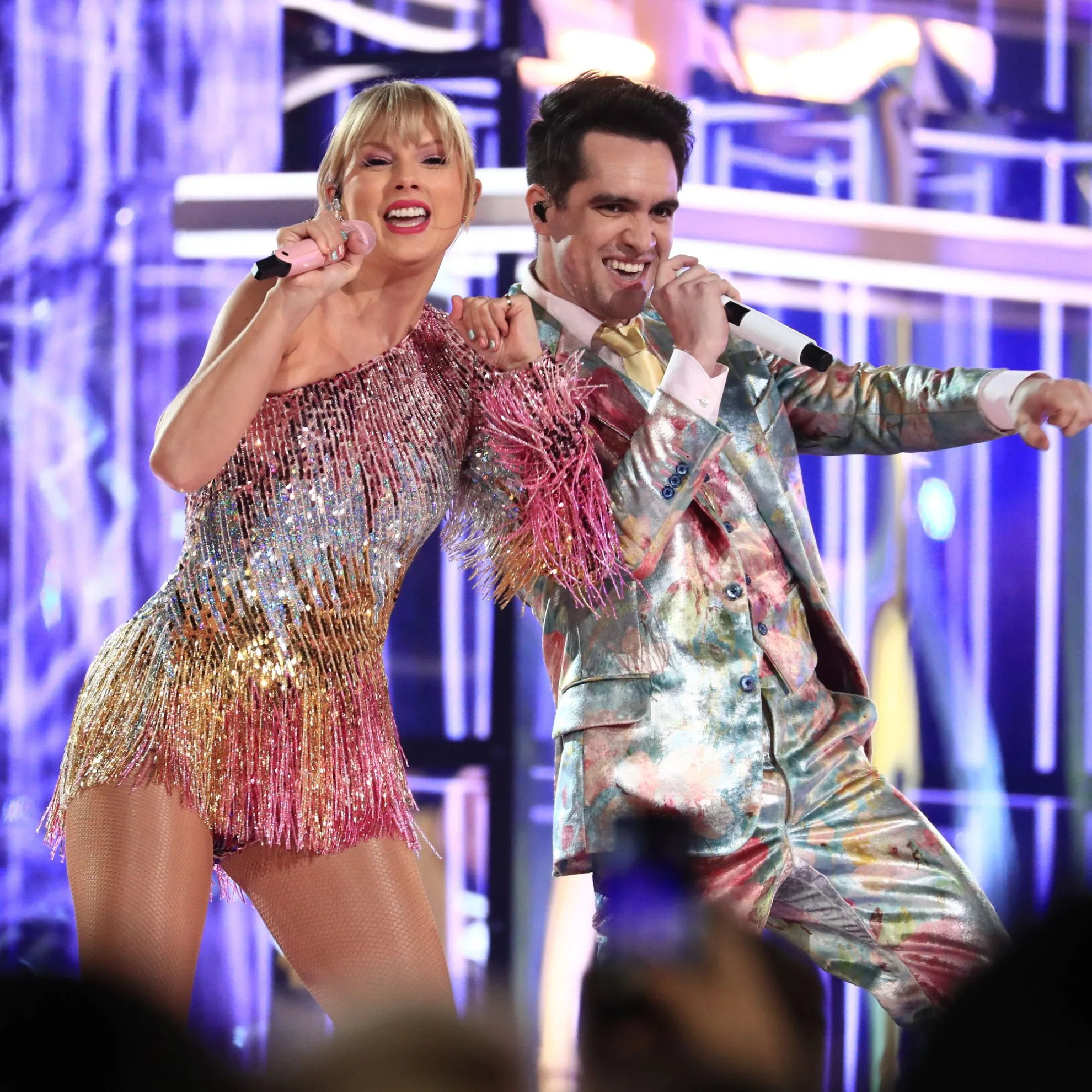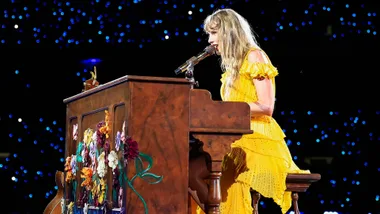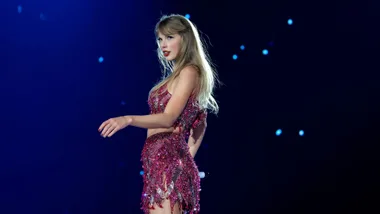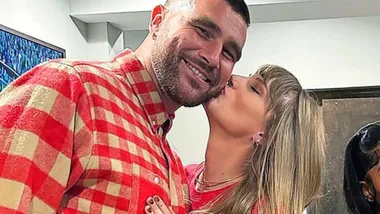Taylor Swift is undoubtedly at the height of her fame right now. The 12-time Grammy award winner is about to begin the Oceanic leg of her international Eras Tour, which has also been turned into a film and released on streaming platforms worldwide.
With this level of attention comes increasing scrutiny. It’s this scrutiny her team blame for an “invasive” story written about the pop starlet and published as an opinion article in the New York Times.
The article, guest written by Anna Marks for the Times, speculates about Swift’s sexuality, given her open allyship for the LGBTQIA+ community, specifically referencing her work on the album Lover, which came at a time of very anti-queer sentiment in American politics.

The article suggests that Swift has consistently “dropped hairpins”, a covert tactic used within the queer community to refer to clues, not outright statements, shared so that someone may insinuate they are queer.
“Dropped hairpins began to appear in Ms. Swift’s artistry long before queer identity was undeniably marketable to mainstream America. They suggest to queer people that she is one of us,” the article writes.
Marks also brings up the time that Swift referred to herself as not part of the LGBTQIA+ community. When talking about her queer-positive song ‘You Need To Calm Down’, Swift said, “I didn’t realize until recently that I could advocate for a community that I’m not a part of.”
Yet, Marks writes of her comments, “[it] does not illuminate whether that is because she was a straight, cis ally or because she was stuck in the shadowy, solitary recesses of the closet.”
A source close to Swift reportedly told CNN, “Because of her massive success, in this moment there is a Taylor-shaped hole in people’s ethics.
“This article wouldn’t have been allowed to be written about Shawn Mendes or any male artist whose sexuality has been questioned by fans.
“There seems to be no boundary some journalists won’t cross when writing about Taylor, regardless of how invasive, untrue, and inappropriate it is – all under the protective veil of an ‘opinion piece,’” the source added.

Celebrities have been increasingly ‘outed’ by the media of late. Most recently Billie Eilish said she saw an article talking about her ‘coming out’ and was surprised by the rhetoric, saying she didn’t think it needed to be considered a grand gesture.
“But I saw the article, and I was like, ‘Oh I guess I came out today.’ OK cool,” she told Variety. Australian actress Rebel Wilson was also recently forced to ‘come out’ when it was revealed that news of her new relationship with a woman would be published imminently in the Sydney Morning Herald.
Situations like these stress the obvious issues with posturing about someone’s sexuality. Such narratives should remain with the person to tell if, when and how they wish.
The timing of this article felt especially left-of-field to Swift fans. In the prologue of her 1989 (Taylor’s Version) album, released in October 2023, she opened up about the constant dating rumours she faced as a young woman.

As a result, during her 1989 ‘era’, she stopped dating men and exclusively hung out with her girlfriends, the iconic ‘squad’ including Karlie Kloss, Gigi Hadid, Blake Lively and the HAIM sisters.
“If I only hung out with my female friends, people couldn’t sensationalize or sexualize that — right? I would learn later on that people could and people would,” she wrote.
It seems that the same thing is happening, once again.
The author of the Times piece admitted, “I know that discussing the potential of a star’s queerness before a formal declaration of identity feels, to some, too salacious and gossip-fueled to be worthy of discussion.
“Every time an artist signals queerness and that transmission falls on deaf ears, that signal dies. Recognizing the possibility of queerness — while being conscious of the difference between possibility and certainty — keeps that signal alive.”
Yet, Swift has openly shut down queer inquiries a number of times, so, fans can’t help but wonder if this speculation about her sexuality is less about encouraging “dropped hairpins” to be taken seriously, and more about a salacious headline.



